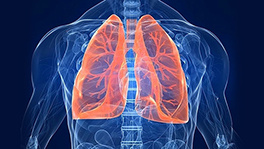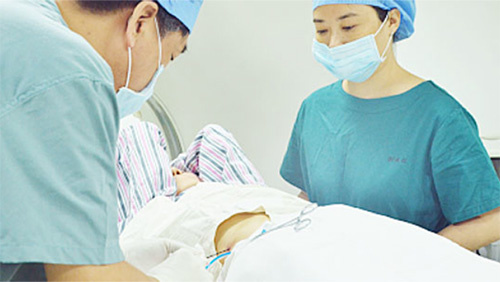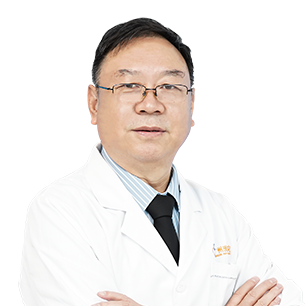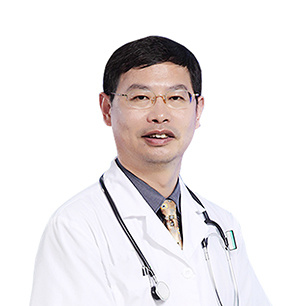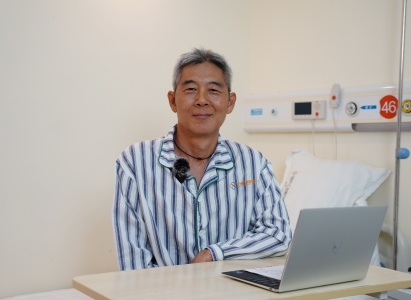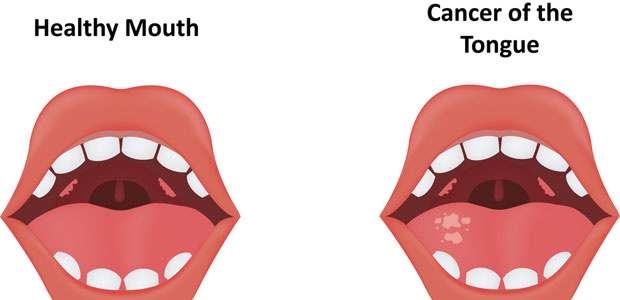
What Is Tongue Cancer?
Tongue cancer is the most common oral cancer, which mostly occurs in the margin of tongue, and other regions such as tip, dorsum and root of tongue. Tongue cancer is often manifested as ulcerated or infiltrative type.
How Common Tongue Cancer Is?
According to statistics, the incidence rate of tongue cancer accounts for 0.8 % to 1.5% of systemic malignant tumors, 5% ~7.8 % of malignant tumors in head and neck, and 32.3% ~ 50.6 % of oral cancer. The incidence rate of tongue cancer is higher in men than women, and average age of incidence is about 60 years old.
If you are diagnosed with cancer, please consult online doctors for more information.
What Are Symptoms of Tongue Cancer?
Ulcers on margin, tip, and dorsum of tongue do not go away for a long time.
A painful (tenderness) lump on tongue which is hard, with unclear edge, and growing rapidly.
Movement of tongue is restricted, appearing difficult in eating and swallowing.
What Are Causes of Tongue Cancer?
The causes of tongue cancer have not been fully determined, but at present a consistent view is that chronic injury, ultraviolet radiation, X-ray and other radioactive substances can be pathogenic factors of tongue cancer, in addition, mental factors, endocrine factors, immune state and genetic factors are also found to be related to the occurrence of tongue cancer.
If you are diagnosed with cancer, please consult online doctors for more information.
What Are Diagnostic Methods of Tongue Cancer?
Imaging examination: X-ray plain film, tomography and CT have diagnostic values to determine the extent of tongue cancer. Biopsy: scraping smear for suspected lesions of tongue or cutting tissues for biopsy can be done, as for patient with enlargement of cervical lymph nodes, when it is necessary, biopsy of lymph node can be done.
What Are Treatment Methods for Tongue Cancer?
Surgery: it is a main treatment method for tongue cancer. Experts point out, for cases in stage T1 X-shaped resection of tumor can be done at 1 cm away from the lesion. As for cases in stage T2-T4, half tongue resection or total resection of tongue should be done. Radiotherapy: it can be used as adjuvant therapy before and after surgery for advanced patients.
Chemotherapy: it can also be used as adjuvant therapy before and after surgery for advanced patients, in addition, chemotherapy is also applicable to patients with distant metastases.
Traditional Chinese medicine: it can compensate the deficiencies of surgery, chemotherapy and radiotherapy, consolidate treatment effect and reduce the toxic side effects of radiotherapy and chemotherapy.
In addition, Modern Cancer Hospital Guangzhou is equipped with a series of minimally invasive techniques on treatment of tongue cancer. A comprehensive and effective treatment plan will be tailored for patients with tongue cancer by experts.
If you are diagnosed with cancer, please consult online doctors for more information.
What Are Nursing and Care Methods After Surgery?
At the day after surgery, patients should lie down flat (do not use pillow), and at the next day patients can lie on bed in a semireclining position, so as to reduce head, facial and wound congestion and edema.
Closely observe vital signs of patients and keep respiratory tract clear.
Observe whether drainage tube is smooth, recording color, quality, and quantity of drainage, if any abnormality occurs, it should be immediately reported to doctors.
After surgery, patients should take nutrition meal by nasal feeding. After7- 10 days, patients can try to eat liquid food. Guide patients to do good oral care and keep oral cavity clean.
If you are diagnosed with cancer, please consult online doctors for more information.






